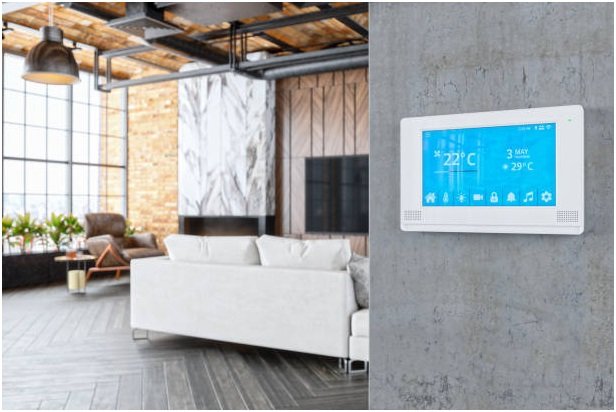
In the realm of industrial processes and technological applications, the management of temperature stands as a crucial determinant of success. From maintaining precise conditions in manufacturing environments to optimizing energy efficiency in HVAC systems, temperature control plays a pivotal role in ensuring operational excellence and product quality. At the heart of this thermal management lies a sophisticated tool: the temperature controller.
Temperature controllers are the unsung heroes of thermal regulation, orchestrating a symphony of inputs and outputs to achieve and maintain desired temperature levels with unparalleled precision. Temperature controllers Singapore harness a burst of technological innovation to monitor temperature fluctuations in real-time, adjust heating or cooling elements accordingly, and ensure optimal conditions are maintained with unwavering accuracy.
The complexity of temperature controllers lies in their multifaceted functionality and adaptable nature. From simple on-off controllers that activate heating or cooling elements based on predetermined setpoints to more advanced PID (Proportional-Integral-Derivative) controllers that continuously analyze temperature variations and adjust control outputs in real-time, there exists a diverse array of temperature control strategies tailored to meet the specific needs of various applications.
At the core of temperature controller design is a burst of engineering ingenuity aimed at achieving maximum efficiency and reliability. These devices incorporate a myriad of sensors, actuators, and computing algorithms to accurately measure temperature, interpret data, and execute control actions with lightning speed. The result is a seamless orchestration of thermal management that ensures stability, consistency, and optimal performance in diverse environments.
One of the key challenges in temperature control lies in the dynamic nature of temperature-dependent processes. Fluctuations in ambient conditions, variations in load requirements, and changes in external factors can all impact temperature stability and necessitate rapid adjustments by the temperature controller. To address this challenge, modern temperature controllers leverage a burst of adaptive control strategies, predictive algorithms, and advanced tuning techniques to anticipate and mitigate disturbances in real-time, ensuring precise temperature regulation under dynamic operating conditions.
The versatility of temperature controllers extends beyond traditional industrial applications to encompass a wide range of sectors and industries. From laboratory equipment and medical devices to consumer appliances and automotive systems, temperature controllers find diverse applications where precise temperature control is essential for optimal performance, safety, and reliability.
In the realm of food and beverage production, temperature controllers play a critical role in ensuring compliance with stringent safety regulations and quality standards. From maintaining precise temperatures during cooking and processing to controlling fermentation and refrigeration processes, temperature controllers are indispensable tools for food manufacturers seeking to deliver products that are safe, consistent, and of the highest quality.
In the pharmaceutical industry, temperature control is paramount to preserving the efficacy and stability of drugs and vaccines. Temperature controllers are used to maintain strict temperature requirements during storage, transportation, and handling, safeguarding the integrity of sensitive pharmaceutical products and ensuring they remain viable and effective throughout their lifecycle.

In conclusion, temperature controllers are intricate devices that serve as the linchpin of thermal management in a wide range of applications and industries. With their sophisticated technology, adaptive control strategies, and unwavering precision, they enable precise temperature regulation with a burst of efficiency and reliability. From optimizing manufacturing processes to safeguarding product quality and safety, temperature controllers play a pivotal role in driving operational excellence and ensuring the integrity of temperature-dependent processes across diverse sectors.







